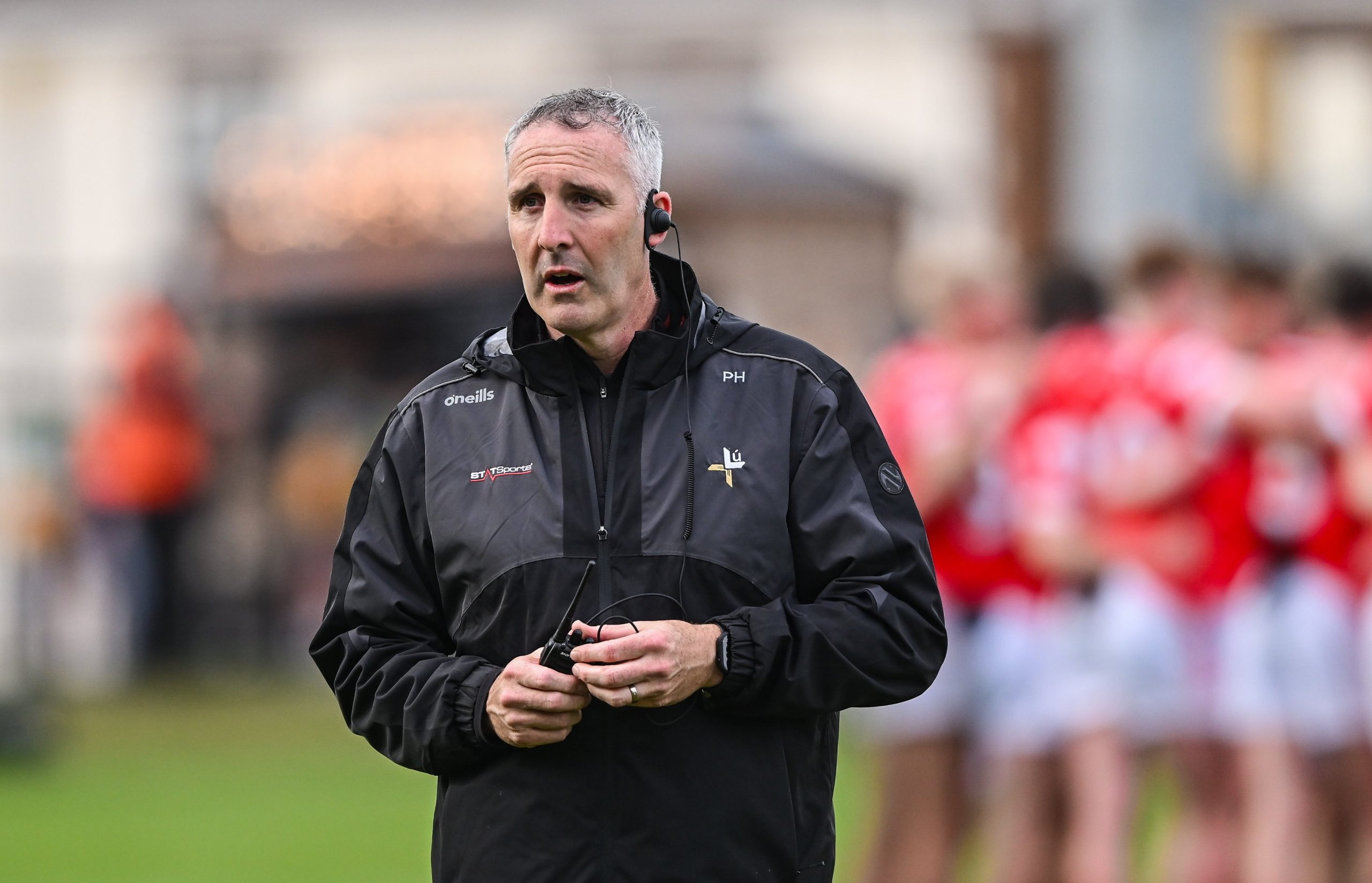IN this week’s article, we will delve into the mechanisms the goalkeeping coach can use to improve their coaching ability both on and off the field.
As the goalkeeping coach it is your role to act as an assistant to the goalkeeper. You have certain expectations to complete in regard to ensuring the goalkeeper is progressing competently both physically and mentally as well as providing specific coaching feedback and analysis to aid the goalkeeper with their own personal development.
As teams exit championships across the country, goalkeepers will be entering into their ‘Grow’ period. This period is when the goalkeeper must be focusing on their development the most as they are afforded a vast amount of uninterrupted time between competitions.
The same can be argued for the goalkeeping coach. Even though they may still be active in some form of coaching capacity (other sports; seasonal sports; camps; private tutoring), the amount of available time the coach now has will have increased. Just like the goalkeeper needs to focus more of their energy into developing themselves in this period, so should the goalkeeping coach.
As the coach it is your responsibility to provide an end of year feedback report for all of the goalkeepers whose development you have been in charge of.
This report is essential for the goalkeeper’s progression and they will use both the coach’s report as well as their own self-appraisal to aide their development. Generating this report and discussing it with your goalkeepers ultimately improves your interpersonal skills as well as strengthening the bond between you and the goalkeeper.
Just like the goalkeeper, it is prudent for the coach to complete their own end of year appraisal. This review will incorporate evaluating your coaching style, techniques, knowledge, delivery as well as any positive/negative feedback received. By accomplishing this review, it will allow you to have a better understanding of your coaching abilities as well as highlighting any deficiencies or areas that may require improvement moving forward.
Obtaining feedback from the goalkeepers you work with will also be a vital tool to help you develop as a coach. This feedback will provide an excellent insight into how your coaching is received as well as allowing your goalkeepers to voice their opinions in a constructive manner.
The opinions they supply will be invaluable to the goalkeeping coach whenever they begin to formulate an action plan for the following season.
Assessing your current level of knowledge surrounding the goalkeeping position is also important. Looking for any form of coaching course that you feel will further your ability to coach your goalkeepers is a great way to progress.
The courses you attend may not be limited to goalkeeping courses or even GAA courses but will and most certainly should include a wide range of areas that will benefit you and ultimately your goalkeepers. When you assess your coaching limitations it allows you to use this information as a guide for potential courses you could attend to improve yourself as a coach.
If you have a coaching philosophy, ethos or even a set of Goalkeeping Principles, like me, then this is a good time to re-evaluate what they are and what they mean to you as a coach. This time allows you to upgrade, adjust or remodel your principles before putting them into practice in the new season.
Using the feedback, you collect from your goalkeepers could prove useful when evaluating your principles.
Creating a coaching library is another vital tool for any coach whether it be for inspiration, direction or merely as a point of reference whenever you are creating periodised training plans and personalised training sessions for your goalkeepers.
The larger the coaching library you create the better resources will obviously have at your disposal. These can include things like videos, blog subscriptions, books, training drills, notebooks, previous plans/sessions and more.
In addition to developing your library of resources, it is always a good idea to assess your coaching equipment during the off season. Assess the current status of the equipment you own as this will give you a better understanding of the equipment you require for the new season while also affording you the time for it to be delivered before the season starts.
Look for new challenges for the year ahead and create a complete periodised action plan for the coming weeks/months/year for your coaching. Set realistic and attainable goals in various areas such as personal development, player development, recognition and/or rewards which will then be evaluated at the end of the following year.
Whatever you decide to do in the closed season, always ensure that it will have benefits to your coaching in some form or other.
The months that are afforded to us between seasons are when any coach or player should be developing their abilities with the most vigour. This period is uninterrupted by competition/games and affords the goalkeeping coach sufficient time systematically assess, adjust and execute any new plans of action that they create for the coming season.
Don’t waste this time and ‘Grow As A Coach!’
If you would like anything in this article explained further and for all of your goalkeeping queries, please contact me at any of the avenues below:
Email: pmgoalkeeping@hotmail.com
Facebook: @MSoG11
Instagram: @pmx.28
X: @MorSchGk
Receive quality journalism wherever you are, on any device. Keep up to date from the comfort of your own home with a digital subscription.
Any time | Any place | Anywhere












